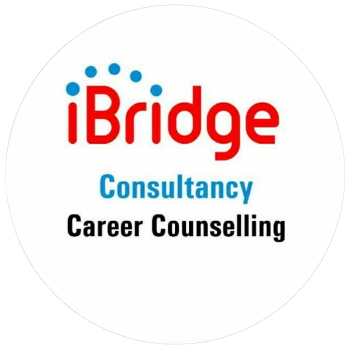How to Apply
HOW TO APPLY TO CANADA
Prepare to study
Before you can apply for a study permit, you must have been accepted at a designated learning institution in Canada. You also need to have the right documents.
There are certain documents you need to apply for a study permit, such as proof of acceptance, proof of identity, proof of financial support and a letter of explanation.
Designated learning institutions list
To apply for a study permit on or after June 1, 2014, you will need a letter of acceptance from a designated learning institution. You need to include the Designated Learning Institution number (DLI #), which is the number that begins with the letter “O”, on your application form.
Determine your eligibility
You must have been accepted by a designated learning institution in Canada.
- You must prove that you have enough money to pay for your:
- Tuition fees
- Living expenses for yourself and any family members who come with you to Canada and
- Return transportation for yourself and any family members who come with you to Canada.
- You must be a law-abiding citizen with no criminal record and not be a risk to the security of Canada. You may have to provide a police certificate.
- You must be in good health and willing to complete a medical examination, if necessary.
- You must satisfy an immigration officer that you will leave Canada at the end of your authorized stay.
Apply for a study permit
Apply on paper
1. Get the application package
2. Pay your application fees
3. Submit your application
Additional information or documents
After the visa office receives your application, the visa office might request more information or documents. These may include the following:
- Medical information
In most cases, you will need a medical examination. A visa officer will send you instructions if you need one. This may add more than three months to the processing time of your application. - Security information
If you want to study in Canada, you and any family members who come to Canada with you, and who are 18 years of age and over, may have to provide police certificates.
Processing time
The length of time to process your application varies depending on the visa office where you applied.
Processing times: Temporary Residence
It indicates the time (in calendar days) it takes to process an application after we receive a complete application package. Processing times are subject to change.
Last update: May 22, 2015
| Applications Submitted Outside Canada | |
| Type of Application | Processing times |
| Visitor | View by visa office |
| Study Permit | View by visa office |
| Work Permit | View by visa office |
| International Experience Canada (Working Holiday, Young Professionals and International Co-op Internship) |
View by application stage |
If you submitted your application to an office outside Canada, please note that the Call Centre does not have information about your application.
After you apply: get next steps
The status of your application
Processing times vary depending on the Canadian visa office where you submitted your application.
The visa office will review your application to make sure you have completed it correctly and have included all the required documents. If your application is incomplete, it will not be processed—it will be returned to you.
If your application is complete, the visa office will review it and decide if an interview is necessary. If so, the officer will inform you of the time and place.
Change of address
If you move or change your address, telephone number or any other contact information after you submit your application, you must notify the visa office where you submitted your application.
If your application is approved
If your application is approved, you will receive the following:
- A letter of introduction will be sent to you confirming the approval. This letter is not your study permit. Bring the letter of introduction with you to show to immigration officials at the point of entry when you arrive in Canada.
- A temporary resident visa (TRV) will be issued if you are from a designated country for which Canada requires a visa. The TRV will be in your passport. The expiry date on this visa indicates the date by which you must enter Canada. You must enter Canada before your TRV expires. The TRV will also indicate if you can enter Canada only once (a single-entry visa) or if you can enter Canada multiple times (a multiple-entry visa).
If your application is not approved
If your application is not approved, the visa office will send you a letter explaining why your application has been refused. An application might be refused for several reasons:
- You have not shown proof that you have enough money to support yourself while studying in Canada.
- You have not passed the medical examination if one was required.
- You have not satisfied the visa officer that your primary intention in Canada is to study.
- You have not satisfied the visa officer that you will leave Canada at the end of your period of study.
Prepare for arrival— Study
When you arrive in Canada, you will be met by an officer from the Canada Border Services Agency (CBSA) at a point of entry, such as an airport. The CBSA is responsible for border and point of entry activities in Canada.
The documents you need to enter Canada
- Disclosure of funds
- Understanding the terms and conditions of your study permit
- Leaving and coming back to Canada
Health insurance
